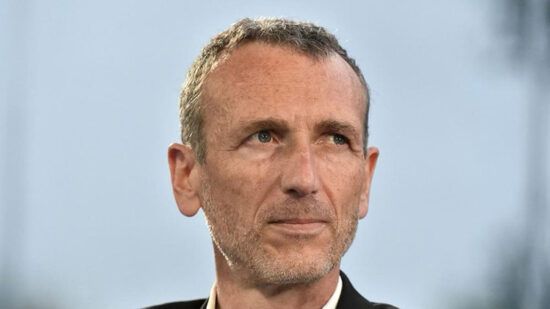Results from the latest round of Climate Action 100+’s (CA100+) Net Zero Company Benchmark assessments show that most focus companies are not on track to meet the goals of the Paris Agreement and reduce investor risk.
Implementing an updated and more ambitious benchmark to assess focus companies on their net zero transition plans, CA100+ found that significant progress is still needed on short-term greenhouse gas (GHG) reduction targets, capital expenditure allocation, climate policy engagement, just transition and GHG emissions reductions, with details needed to demonstrate credible transition plans often missing.
The Alignment Assessments, which complement the benchmark’s disclosure framework by measuring implementation of Paris-aligned corporate actions, further underpin this with low evidence of companies adopting strategies in line with the 1.5°C pathway set out in the International Energy Agency’s Net Zero Emissions by 2050 Scenario.
“While there are clear signs of progress, particularly from a European perspective, it is equally clear that companies need to move further and faster to fully play their part in the transition of the global economy,” said Stephanie Pfeifer, CEO of the IIGCC and global steering committee member.
“Ahead of the critical milestone of 2030, the importance of constructive engagement between corporates and investors has never been greater.”
Progress on disclosure
The updated ‘Benchmark 2.0’ framework draws on distinct analytical methodologies and datasets, from public and self-disclosed data from companies, categorised into two types of indicators: Disclosure Framework Indicators, which evaluate the adequacy of corporate disclosure; and Alignment Assessments, which evaluate the alignment of company actions with the Paris Agreement goals.
Among the key results, the benchmark found that while more companies were found to be disclosing details on their net zero transition plans, quantification of individual decarbonisation levers is lacking. Some 59% of focus companies assessed this year now identify actions needed to meet their GHG reductions targets, compared to 52% in October 2022. However, further progress is needed on quantifying the contribution of these actions to their GHG reduction goals, as well as on disclosures on the use of offsets and abatement technologies.
Additionally, while companies are making steady progress on long and medium-term target setting, most of these targets are not sufficiently comprehensive or Paris aligned. 82% of focus companies have set long-term GHG reduction targets, and 87% have now set medium-term targets, but only 37% and 33% have long and medium-term targets that also cover material Scope 3 emissions, respectively.
“The drive towards net zero emissions by 2050 is becoming increasingly urgent. Climate Action 100+ companies stand in a position of significant influence over the global climate policy agenda and, as such, the delivery of this aim. However, with little improvement in the October 2023 benchmark results compared to 2022, most focus companies continue to obstruct or undermine ambitious climate policy,” said Joe Brooks, program manager at CA100+ and investor engagement, InfluenceMap.
“Further, new InfluenceMap data shows that while the number of companies reporting on and reviewing their climate policy engagement activities is increasing, many of these disclosures fail to correct misaligned lobbying practices.
“Investors are in a unique position to push CA100+ companies to improve their climate policy engagement and related disclosures to ensure closer alignment with the 1.5°C goal of the Paris Agreement, and more robust escalation strategies are required by investors globally to achieve this.”








